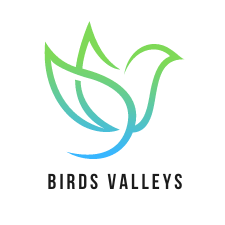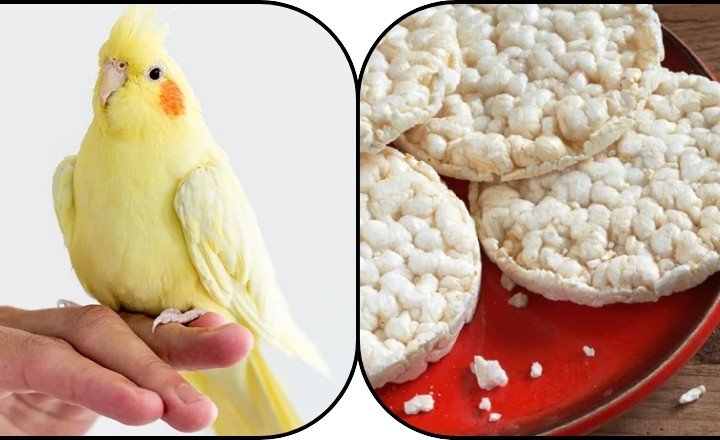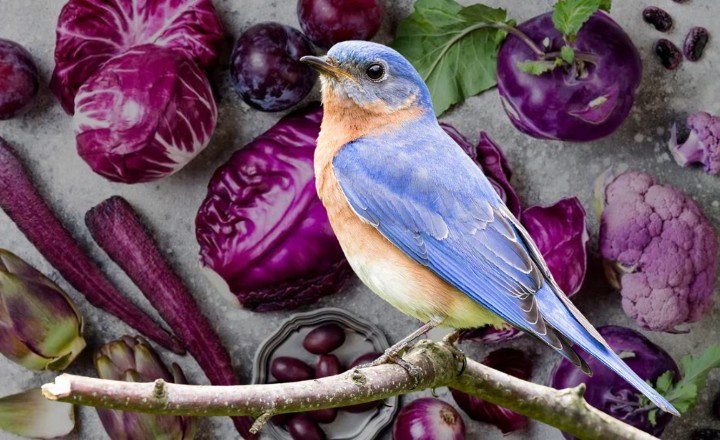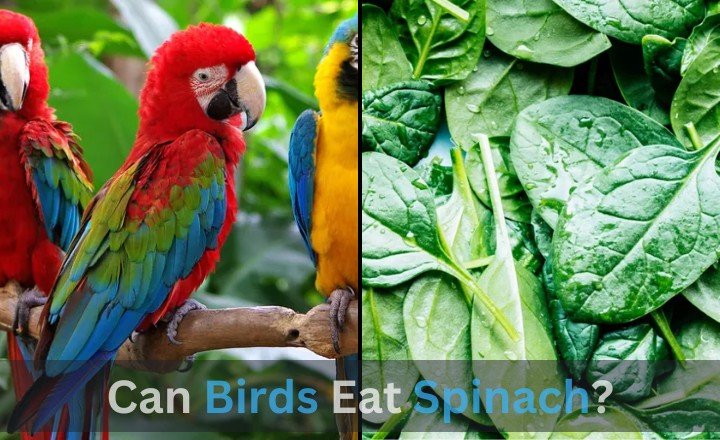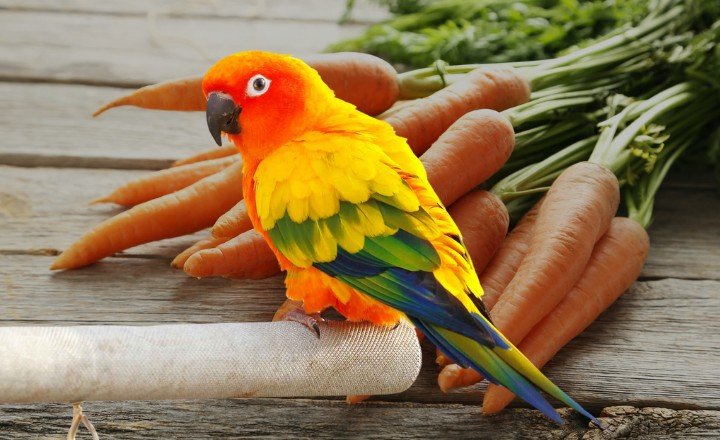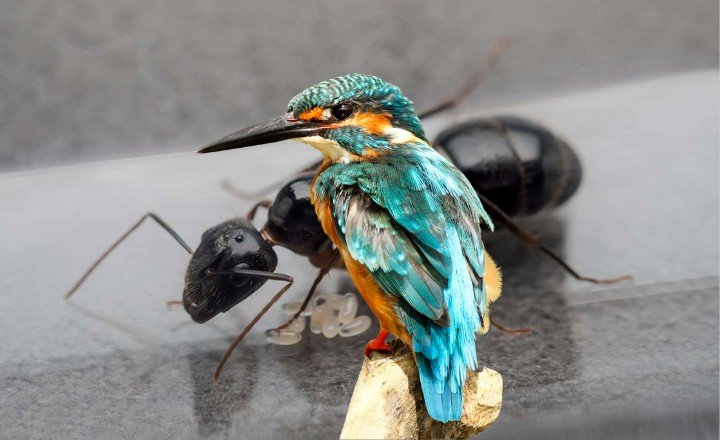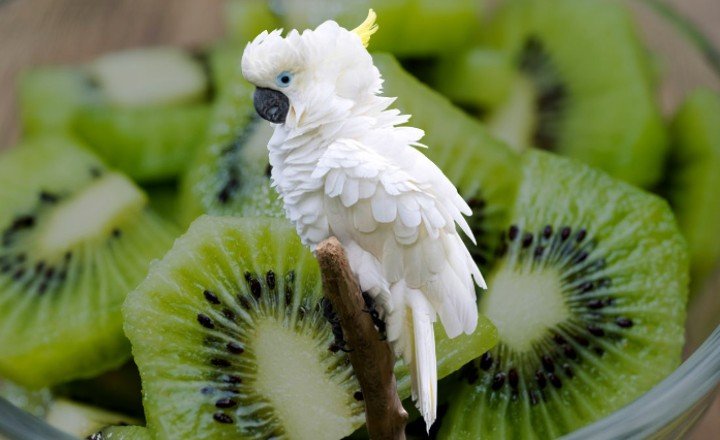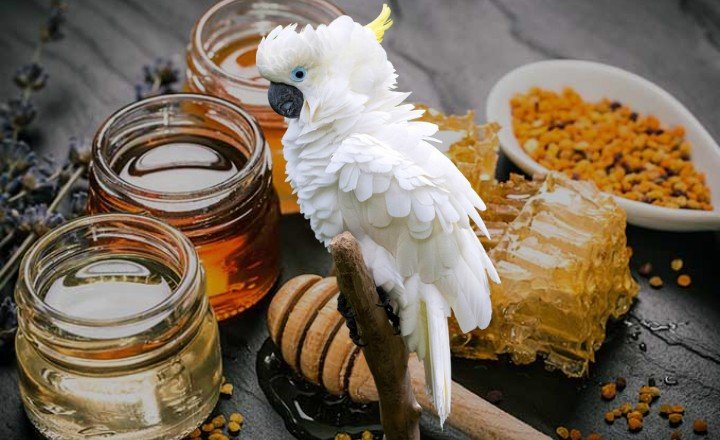Can Birds Eat Rice Cakes? Is It Safe For Them?
As a birdwatching enthusiast, I often find myself perched quietly in my backyard, binoculars in hand, captivated by the flurry of avian activity. The vibrant colors and melodious songs of our feathered friends never fail to mesmerize me. But beyond their beauty, I’ve often wondered about their eating habits: what do they truly enjoy munching on? While seeds and fruits are staples in many bird diets, I recently stumbled upon an intriguing question that has sparked my curiosity, can birds eat rice cakes?
In this article, we uncover whether sharing these human snacks can bring us closer to the birds we admire or if it’s best to stick with traditional offerings!
Overview of Nutritions of Rice Cakes
Rice cakes have emerged as a popular snack option, often touted for their lightness and versatility. They primarily consist of carbohydrates, providing a quick energy source that can be particularly beneficial for those on the go. A typical rice cake contains about 35 to 60 calories per piece, depending on its size and topping choices. While they are low in fat and high in gluten-free carbohydrates, it’s important to note that rice cakes generally lack significant amounts of vitamins and minerals unless fortified or paired with nutrient-dense toppings.
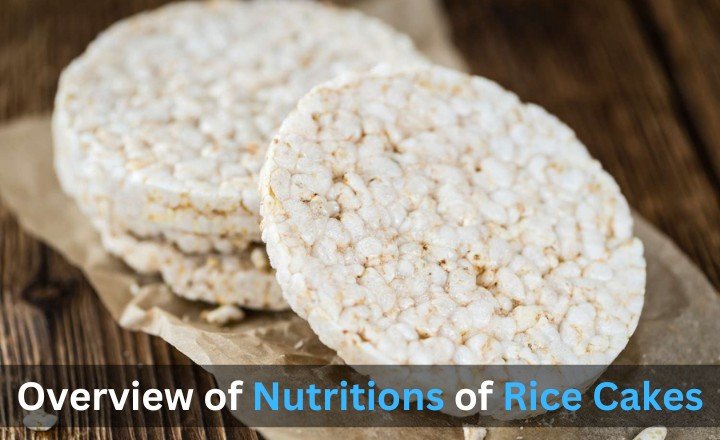
When sprinkled atop rice cakes, Sesame Seeds not only elevate the flavor profile but also contribute significant antioxidant properties that help combat oxidative stress in the body. Their unique blend of calcium and magnesium supports bone health while providing a crunchy texture that makes every bite delightful.
Rice cakes can serve as versatile canvases for culinary creativity; they are low in calories and gluten-free, making them an excellent choice for those seeking lighter alternatives to traditional snacks. Topping them with Tahini or incorporating sesame oil can enhance their nutritional value further while adding depth to their taste.
Can Birds Eat Rice Cakes?
When considering the diet of our feathered friends, it’s essential to delve into how they might benefit from unconventional foods like rice cakes. While conventional wisdom often cautions against feeding birds various human foods due to potential harm, rice cakes offer a low-calorie alternative that can be enjoyed by many brown birds and White Birds alike. Rich in carbohydrates but devoid of additives or preservatives, unflavored rice cakes are a bland yet nutritious option that can satisfy their curiosity and munching instincts.
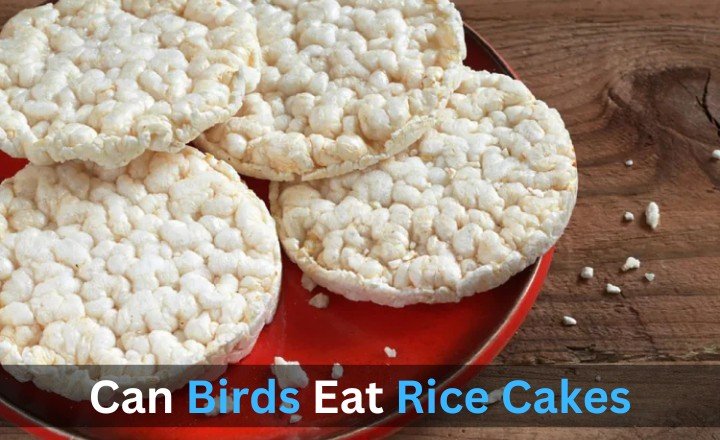
For Brown Birds like sparrows and juncos that thrive on seeds and grains, breaking down the light texture of a rice cake mimics foraging behavior in the wild. Moderation is key; too much could fill their small stomachs with empty calories instead of providing adequate nutrition.
White birds, such as doves or cockatoos, may also appreciate the crunchy texture but should be monitored closely for any adverse reactions. Offering these crispy snacks occasionally not only diversifies their diet but also invites delightful scavenging behavior making birdwatching even more engaging! Always remember to pair rice cakes with other nutrient-dense offerings like seeds or fruits to create a well-rounded treat strategy for your avian companions.
Is Rice Cakes Safe For the Birds?
When considering the safety of rice cakes for birds, particularly raptors like hawks and owls, it’s essential to recognize their dietary needs. While rice cakes may seem harmless, these grain-based snacks offer little nutritional value for birds of prey that thrive on high-protein diets consisting of small mammals and other birds. Hawks and Owls are adapted to hunt and consume flesh, thus, a diet lacking sufficient proteins can be detrimental to their health.
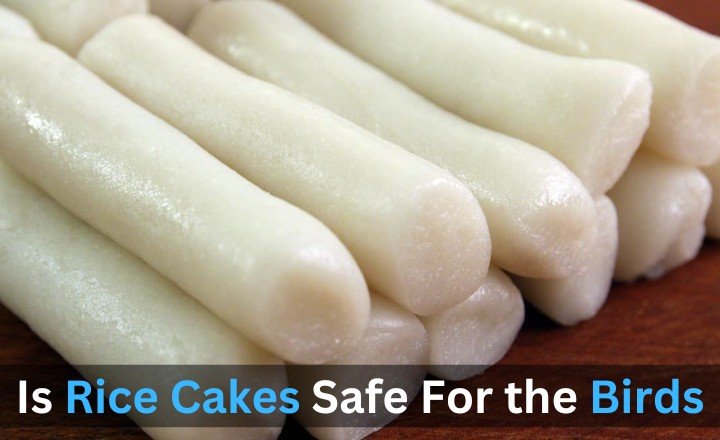
While some smaller bird species might nibble on grains or seeds as part of a varied diet, rice cakes often contain added flavorings or preservatives that could be harmful. It’s also worth mentioning that these lightweight snacks may pose choking hazards due to their puffed texture.
Advantages of Rice Cakes For the Birds
Rice cakes offer a unique and nutritious treat for Green Birds, catering to their specific dietary needs while adding variety to their diets. Unlike many processed bird feeds, rice cakes are typically low in calories and free from artificial additives, making them a wholesome choice that promotes healthy eating habits. Their light texture allows birds like budgerigars and canaries to easily peck at the surface, engaging in natural feeding behaviors as they enjoy this delightful snack.
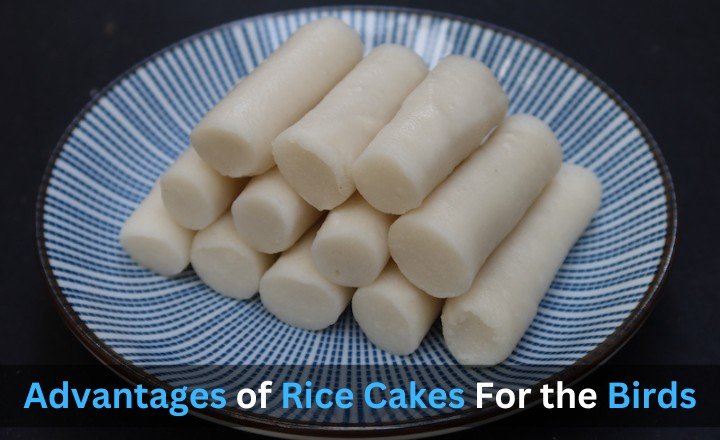
Rice cakes are versatile and can be enhanced with flavors that entice even the pickiest eaters. Topping them with seeds or drizzling a little honey can elevate the appeal while providing additional nutrients vital for vibrant plumage and energy levels. The crunchiness of rice cakes not only satisfies their instinctual need to chew but also contributes positively to their beak health an often-overlooked aspect of avian care. Integrating these simple treats into your feathered friends’ diets not only keeps mealtime exciting but also enriches their lives by inviting exploration through taste and texture.
Disadvantages of Rice Cakes For the Birds
While rice cakes may seem like a handy snack for birds, they come with their set of disadvantages that can be concerning for avian enthusiasts. One significant downside is the low nutritional value of rice cakes. These treats often lack essential vitamins and minerals that birds require for optimal health, potentially leading to deficiencies if consumed as a staple food item. Instead of nourishing their bodies, birds may find themselves filling up on empty calories, leaving little room in their diets for more beneficial foods such as seeds, fruits, and insects.
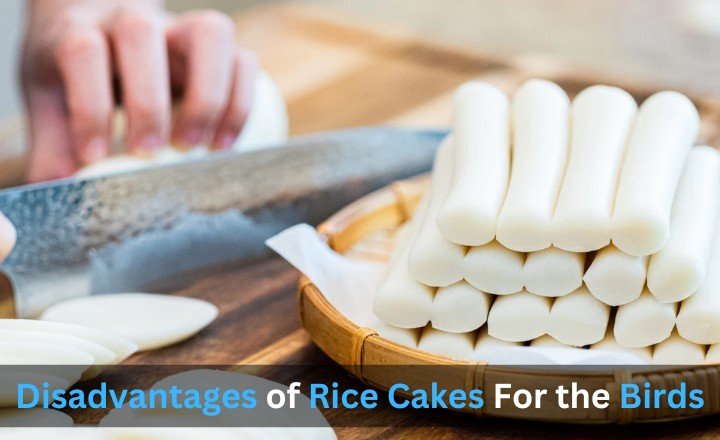
Rice cakes can pose a choking hazard due to their light and crumbly texture. Birds are accustomed to consuming food that they can easily grip and manipulate with their beaks; the airy composition of rice cakes may not only make ingestion difficult but could also lead to dangerous blockages in smaller bird species.
Tips For the Bird Owners
When considering rice cakes as an occasional treat for your feathered companions, it’s essential to choose the right type. Opt for plain, unsalted varieties made without added flavors or preservatives. Ingredients like chocolate, honey, or artificial sweeteners can be harmful to birds, so always read the label before purchasing. Experimenting with textures can also be beneficial, break the cakes into smaller pieces or crumble them to encourage natural foraging behavior in your pet bird.
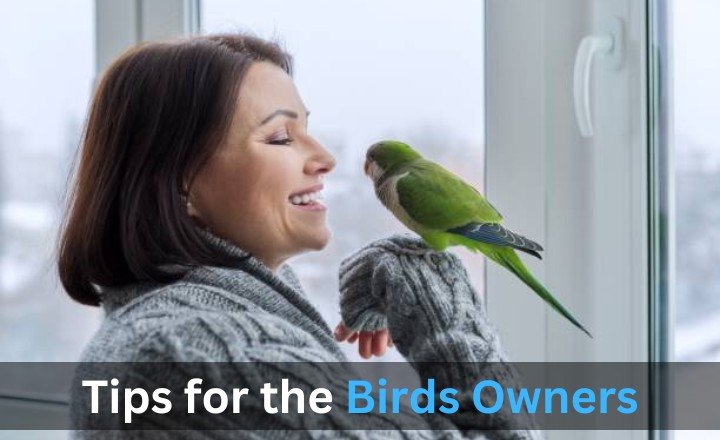
‘Can Birds Eat Rice Cakes’ Conclusion
Rice cakes can be a suitable treat for birds when offered in moderation and as part of a balanced diet. While they do provide certain nutrients, it is essential to consider the overall dietary needs of your feathered friends. Always ensure that the rice cakes are plain and free from additives or flavorings that could harm birds. Observing their reactions to new foods will help you understand what works best for them. So, the next time you indulge in a snack, consider sharing a small piece of rice cake with your avian companions and enjoy watching them explore this new treat!
FAQs
Is Rice OK to Give to Birds?
Yes, many species consume grains in their natural diet. However, cooked rice may attract unwanted visitors like rodents or pests if left out too long, creating a messy feeding area that’s less than ideal for our feathered friends.
Is Puffed Rice Good For Birds?
Puffed rice can be an intriguing option for feeding our feathered friends, but it’s essential to consider both its benefits and drawbacks. On one hand, puffed rice is light and easy for birds to digest, making it a suitable treat for many species.
What is the best Food For Birds?
When it comes to feeding birds, a diverse menu is key to attracting various species and supporting their health. Offering a mix of seeds, fruits, and nuts not only mimics their natural diet but also caters to the specific preferences of different birds.
